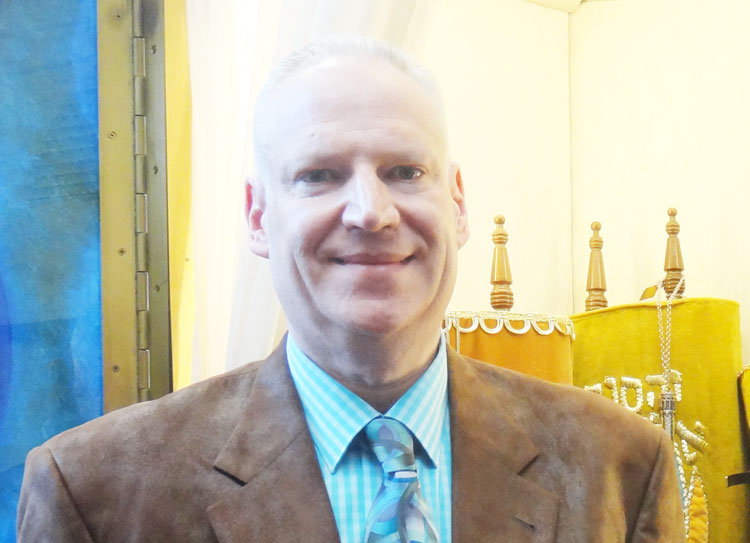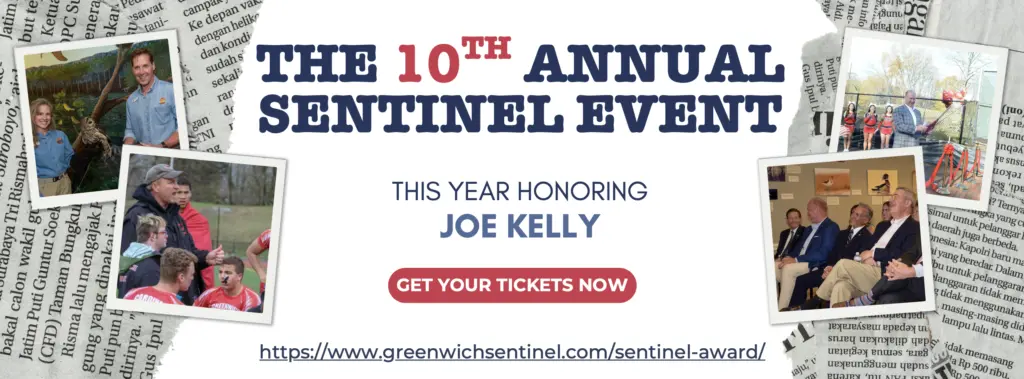
By Mitchell Hurvitz
The Bible teaches us that “human beings look at the outward appearance, but God looks only at the heart.” (1 Samuel 16:7)
It’s in God’s image that we have been created and our responsibility is to try – as best as we can – to overcome our human limitations and to be more like God; to try not to look at the outward appearance, but to see if we might gauge the heart of another. And, most importantly, to make sure we don’t make any judgments about another unless we are certain that we truly know all of the facts.
Let me share an illustration of how easy it is to jump to a false conclusion. A few years ago, our Temple made a Jewish Heritage trip to Central Europe. In Poland, in the city of Kracow, we stopped by an ancient cemetery that had grave markers with dates from the 16th century. There were graves of famous rabbis, and many small rocks atop these grave markers per our custom. But, one grave marker was especially striking.
It was a tombstone that was right next to where the mid-17th century Chief Rabbi of Kracow was buried, Rabbi Yom Tov Heller. This marker, by the side of the great Rabbi’s burial place, read very simply: “Here lies Yossele, the Holy Miser”. It turns out that the People of the Kracow Jewish community had called Yossele a Miser because he had lived in the biggest, richest home in the town, and seemingly never gave charity.
When Yossele was solicited, he wouldn’t give, even after hearing all of the details. Ultimately, Yossele became sick, and everyone knew he would die from his illness. The Town Collector came to Yossele’s home and made one last appeal, requesting of the Town Miser a mere 200 rubles. His solicitation was very much to the point: If Yossele would finally give this tzedakkah contribution, he would tell everyone in the town, that in the end, Yossele had changed; that he was a charitable man of the community. But, Yossele simply turned down the request.
The Town Collector left him very angry, shouting at him that he was a miser, and that he shouldn’t expect even a decent funeral when he died. Yossele died in his home that Sunday, and true to the Town Collector’s prediction, no one came to his funeral. He was simply buried right outside the cemetery by the moonlight, and the gravedigger constructed a simple sign that read “Yossele the Miser”.
Later, the following week, the very learned and honorable Chief Rabbi, Yom Tov Heller, was studying Torah in his office when a school teacher from the town came to see him, and ask for just enough money for a Shabbat meal. The Rabbi questioned why for years this teacher never had money problems and now does. The teacher said every week, on Thursday, an envelope had been slid under his door that held just enough money for the week to provide a Shabbat meal. The Rabbi gave the teacher some money.
All day long many people came to the Rabbi’s office with the same circumstances, needing money and revealing that they had received these bountiful envelopes every Thursday. The wise Rabbi realized that all these years, Yossele had been supporting the whole town because all these recipients had at one time asked him for money. Yossele had chosen anonymously to give his charity to the poor. A principle that the rabbis teach is the highest form of tzedakkah.
Rabbi Yom Tov Heller gathered the community and said: “We have done a grievous sin. We showed only our contempt to Yossele by neglecting his funeral and burial when he supported us for decades! We must pray for his forgiveness!” Then, the Rabbi had a new stone carved for Yossele saying “Holy Miser”, and requested that when he died he be buried right next to Yossele, the Holy Miser, where you can travel to Kracow and seen them both at rest together to this day.
Are we absolutely sure we know all of the facts? This is always the question to ask when we are ever tempted to criticize anyone else. My father once told me that there was an old saying in the Navy: “The captain bites his tongue until it bleeds.” This expression refers to the way a ship’s captain feels as he silently stands by while allowing a junior officer to bring the ship alongside the dock for the first time.
But, the reality is that many of us need to pray for a better ability to bite our tongue; unless it really is framed within the overwhelming evidence of words and actions that demonstrate overt encouragement and support. Whether it’s to our children, our spouse, other family, friends, or colleagues; we need to be very, very careful about passing judgment. And, most importantly, are we absolutely sure we know all of the facts?
Our words can sting, and all of us need to be more aware of the damage that can sometimes be done when we choose to make certain comments to others; especially those we love. Let’s stop judging the book by its cover, and make sure we are reading very closely what all of the pages actually say.
As human beings, let’s be much more like God, and stop looking at the outward appearance, and instead make sure we are able to perceive another’s heart.
Mitchell Hurvitz is senior rabbi at Temple Sholom in Greenwich.





